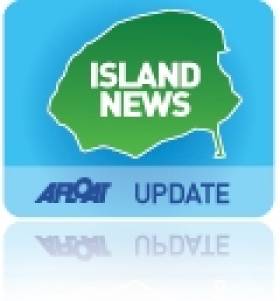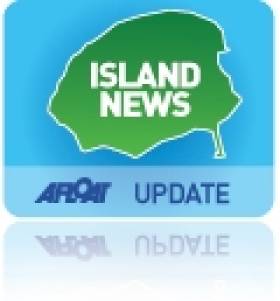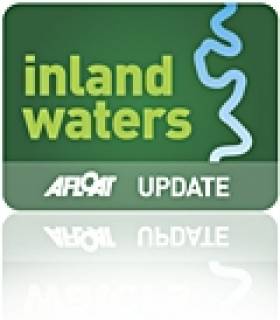Displaying items by tag: access
New Facilities for Access to Skellig Michael Ferry
Some 10,000 people visit the Unesco world heritage site every year. But a safety audit last year was critical of facilities at Portmagee, finding there was a risk of slipping on concrete steps leading to the boats.
Minister for Transpirt Tourism and Sport Leo Varadkar has earmarked €200,000 to fund the new pontoons for tourist ferries to the island, which will be located in closer proximity to the fishing village.
The Irish Times has more on the story HERE.
Working Group to Decide Future of Ireland's Only Cable Car
#ISLAND NEWS - Cork County Council has set up a working group to examine the future of the Dursey Island Cable Car.
The group, established with the objective of securing the future sustainable operation of Ireland's only cable car – and the only sea-going cable car in Europe - had its first meeting on Friday 4 November.
The cable car between Dursey Island and Ballaghboy on the mainland is the main method of access to the island. It operates year round, weather permitting.
Featured in the working group are residents of the island and the local farming community, Comhar na nOileán, the Islands Division of the Department of Arts, Heritage and Gaeltacht Affairs, Fáilte Ireland, the Bere Island Projects group, West Cork Development Partnership and other island representation.
Cork County Council recently commissioned an expert engineering report on the Dursey Island Cable Car, which the group is now working from.
Take a trip on the Dursey Island Cable Car courtesy of YouTube:
- Cork
- Dursey Island
- Dursey Island Cable Car
- cable car
- island
- Ballaghboy
- mainland
- access
- working group
- operation
- Cork County Council
- farming community
- Comhar na nOileán
- Department of Arts Heritage and Gaeltact Affairs
- Fáilte Ireland
- Bere Island Projects
- West Cork Development Partnership
- engineering report
- video
- YouTube
New Wheelyboat Makes Lough Rynn More Accessible
Leitrim Guardian Person of the Year Brendan Harvey was on hand to launch Lough Rynn's new Wheelyboat last weekend, the Leitrim Observer reports.
The boat is specially designed to meet the needs of people with disabilities in the area, giving them greater access to Leitrim's lakes and inland waterways for fishing or pleasure trips.
Built in England by registered charity the Wheelyboat Trust, the project was initiatied the Leitrim Association of People with Disabilities (LAPWD), with help from the Rinn-Shannon Agling Club.
The boat, named Ernest's Pride, is so called in tribute to Ernest Catherines, a "driving force" behind the scheme who passed away last month.


























































